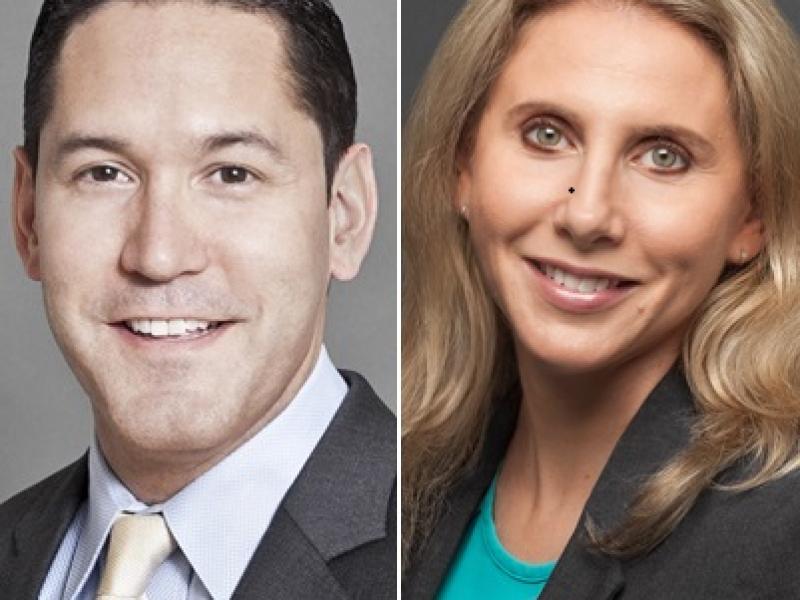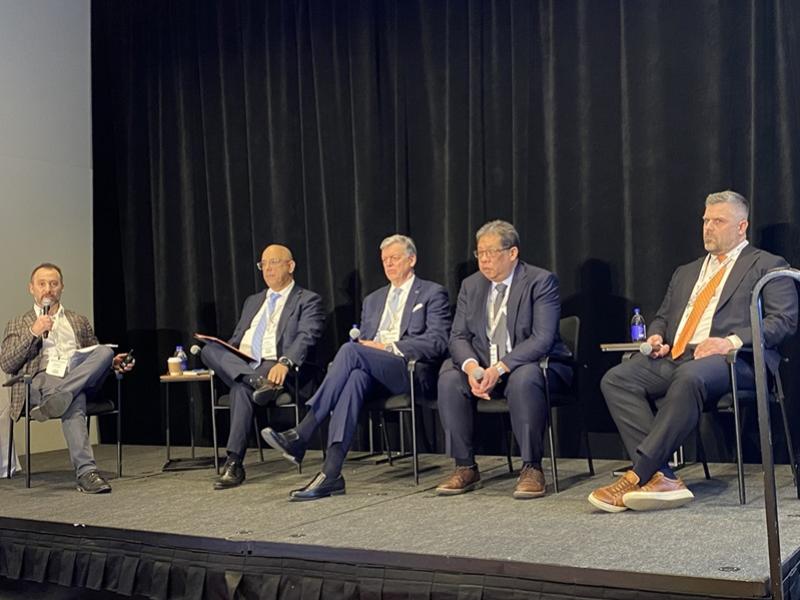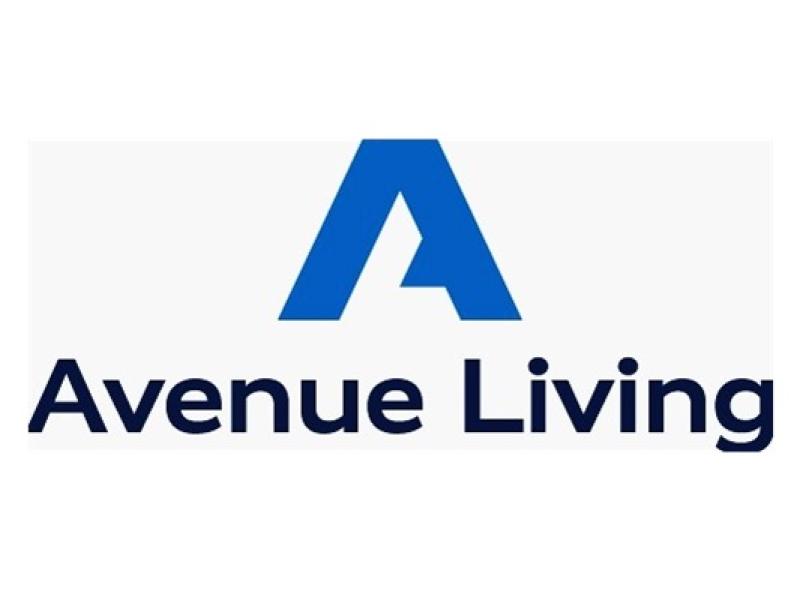
As it sets out to raise hundreds of millions in capital to buy thousands of affordable Canadian apartments, VIDA has bulked up on its industry knowledge by adding three longtime real estate executives to its roster.
Donald Clow, independent lead trustee of H&R REIT, Paul Finkbeiner, president of Fink Advisory Management Corp. (FAMC) and Adam Jagelewski, managing partner at TwinRiver Capital and co-founder of MaRS Centre for Impact Investing, have joined the company’s advisory committee.
“Donnie is a fantastic individual with a wealth of knowledge and he really understands the capital markets. He’s well respected, and if you think of Paul Finkbeiner, some call him the godfather of real estate,” said VIDA founder and chief executive officer Ron Lovett to RENX.
“Adam really understands impact and he is, I think, one of the most forward-thinking and knowledgeable impact investors in the country.”
What most impressed Lovett was the thoroughness the new committee members demonstrated when researching VIDA.
“They really put me through the ringer and put the fund through the ringer, and we appreciate it and we’ve learned a ton from those guys. I think they bring some of that institutional knowledge that is helpful for our investors and the fund.”
VIDA's seeks to raise $300M for NOAH fund
The affordable housing provider has an ambitious plan to purchase more housing, and wants to raise $300 million for the Canadian NOAH (Naturally Occurring Affordable Housing) Preservation Fund.
“This fund is our big plan right now, as far as expanding our business and our platform and so if this works, we’ll buy roughly 7,000 units. That’s very meaningful in Canada to acquire 7,000 units. That’s 15,000 customers, plus or minus. . .”
While the longer-term goal remains, later this year VIDA plans to begin looking at properties to purchase.
“We’re hoping to close our first $100 million in the next six to eight months and have that deployed," Lovett said. "Without getting into the details for these specific investors, we’ve got a very strong Canadian institution at the helm as a front-running anchor investor, and then we’ve got a really nice balance coming to the table of institutional capital."
VIDA will be looking for “acquisition clusters” of between 250 and 2,000 units. Those targets will be mainly in Alberta, with an emphasis in Edmonton, as well as secondary markets in Ontario, Quebec and Atlantic Canada.
“That’s going to be the focus for us and the strike zone are buildings that don’t require too much capex, that are walk-up from 12 to 50 units.”
VIDA will be looking not to big cities, but to lower-population centres.
“The reason why we’ve got smaller urban and tertiary markets is because they are so resilient, and that’s where the real affordable housing is today. They’re not in Vancouver, Toronto. It doesn’t really exist — not deeply affordable housing — and so these tertiary markets are very resilient, and that asset class is completely resilient,” Lovett said.
“If you look at our currently 3,000 units and their customer profile, we’ve been through pandemics; we’ve been through inflationary costs, supply-chain challenges, interest-rate hikes and now tariff wars and this is the resilient asset class. We don’t have stabilization challenges. We collect rents Day One, when we close the asset.”
So, who is the perfect stakeholder for the NOAH fund?
“The ideal investor for us is someone who can get behind core-plus returns, but is interested in having an impact wrapper that it is important to them,” Lovett explained. “We really want folks that are going to join us for the long haul. It’s a 10-year term and so it really means that they’ve got to have patient capital.”
For residents, VIDA saves money by not employing property managers or leasing agents.
“We have created what’s called the building ambassador. This is a customer that lives in the building. The building-ambassador model allows a customer to manage the building for rent credit, and that helps them get ahead and they get to participate in that community,” he said.
It also has a “community contractors” program.
“That’s where we allow our residents to tell us what their skill sets are, and then we approve them as a community contractor that allows us to reduce light repair maintenance cost by 35 per cent as they do things like painting, caulking, mudding.”
Residents are also encouraged to participate by completing data entry, collecting rents, producing community newsletters and cleaning. Deploying skilled residents engenders a sense of pride in the communities, according to Lovett.
“They behave differently because they’ve rolled up their sleeves and got involved," he said. "We have customers that have put their first down payment on a home because they’ve been community contractors.”
Another unique aspect of the VIDA model is virtual healthcare for residents.
“As we know, GPs (general practitioners) are a problem. It’s very challenging to get healthcare here so TELUS has a fantastic product, and we’re a reseller of that. We provide virtual healthcare to our customers and it’s 24/7 for them and their family: they can have a nurse practitioner look at their issue and provide prescriptions, etc."
Investing in the affordable housing sector brings its own set of challenges, Lovett said.
“We’re committed to keeping rents lower than market. We have to be extremely innovative and efficient on our business model so we are a low-cost, high-touch operator. That means we operate lower than the competition, and we are closer to the customer."
When other owners employ asset or property managers, “there’s a major disconnect between customer and owner,” according to Lovett.
“With VIDA, we’re completely aligned. I still call customers today, and we’ll continue to do this as long as I’m the CEO and founder of this company," he said, noting there are up to 800,000 apartments across the country "where the baby boomers (owners) are trying to pass these assets to the kids. They don’t want them.”
Lovett also sees “cracks in the market” which he believes VIDA is well-placed to avoid.
“I think there’s some softening in the market happening right across the country, from the condo market in Toronto to the high-end rental market in Halifax and Calgary," he said. "There is some softening because of migration slow-down, first with the students and then general migration policies changing and during the pandemic, with inflationary costs and the bureaucracy in some cases, around development and the costs that have gone to development, it just pushed those rents to levels that people can’t pay for anymore.”










